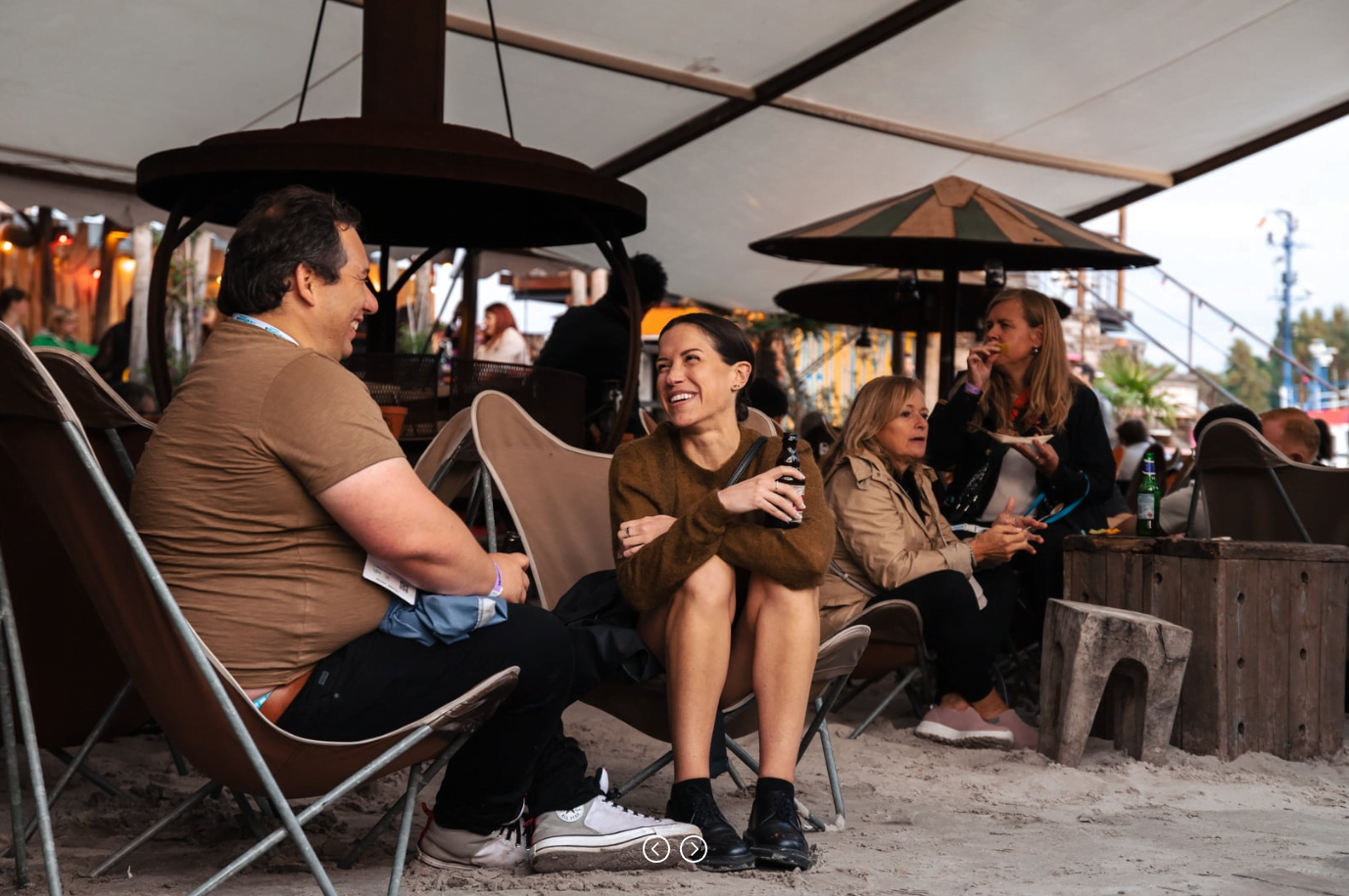Fun fact: Josie Mainwaring has a Bachelor of Architecture from Te Herenga Waka – Victoria University of Wellington.
“I liked the idea of solving environmental problems with built solutions,” says Josie. “But when I got into practice, I found that you didn’t get to do much of that.”
After a five-year mini-career in architecture, Josie decided to go back to school to study a mix of topics related to the environment. Her favourite paper was a plant biology paper with a strong emphasis on cellular and molecular science.
“That was my first introduction to this universe that exists at the molecular scale. It was so fascinating to picture what happens inside the cell that I changed the focus of my degree.”
Josie Mainwaring
“That was my first introduction to this universe that exists at the molecular scale,” says Josie. “It was so fascinating to picture what happens inside the cell that I changed the focus of my degree.”
After finishing her undergrad in Cellular and Molecular Biology, Josie started her postgraduate studies in Molecular Microbiology with Monica Gerth, Associate Professor at the School of Biological Sciences at Te Herenga Waka. Monica is a microbiologist whose research explores the molecular interactions between microbes and plants. As a Project Leader within Ngā Rākau Taketake, Monica had funding for researching Phytophthora agathidicida (PA, the causal agent of kauri dieback disease), and Josie jumped at the opportunity to learn more about this pathogenic microbe.
After much reading, Josie decided to focus her research on PA’s oospores.
“This spore type has a thick and complex cell wall that is greatly understudied,” says Josie. “But the cell wall is what allows oospores to survive over long time periods and is ultimately responsible for the long distance spread of PA. The cell wall is also the structure that we need to understand – the barrier we need to break down – if we want to eliminate oospores from kauri forests.”
To learn more about the composition of the cell wall, she exposed oospores to different enzymes, specifically proteins that help break down substances thought to be part of the oospore’s cell wall.
“Really early on it was clear that something was happening to the oospores when they were treated with particular enzymes,” says Josie. “For some treatments, we detected a loss in oospore viability.”
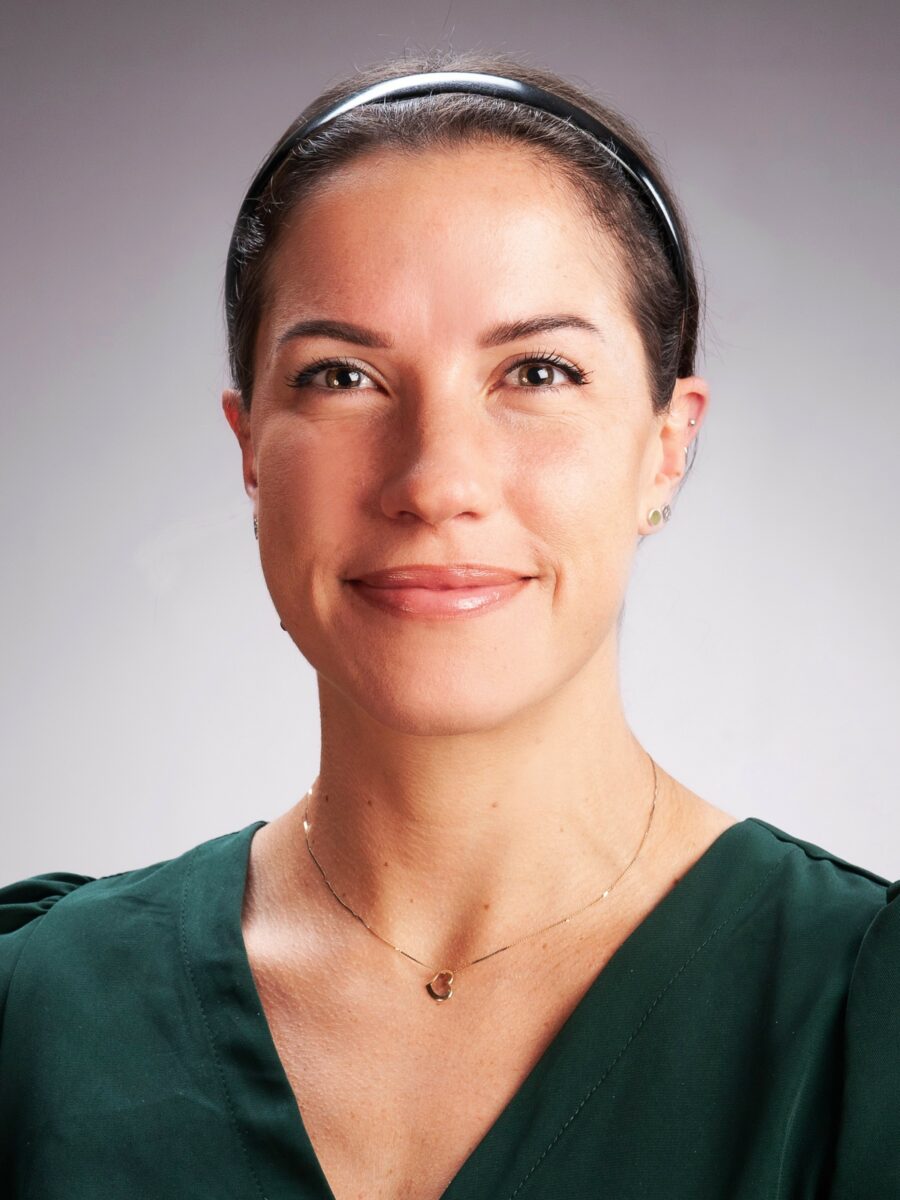
Josie was excited to present some of her findings at the 10th FEMS Congress of European Microbiologists in Hamburg, Germany in July. This event was dedicated to showcasing the latest developments in microbiology and connect to microbiologists from all over the world. Josie presented on two enzymes that she has purified from a seaweed microbe and the effects of these two enzymes on oospores.
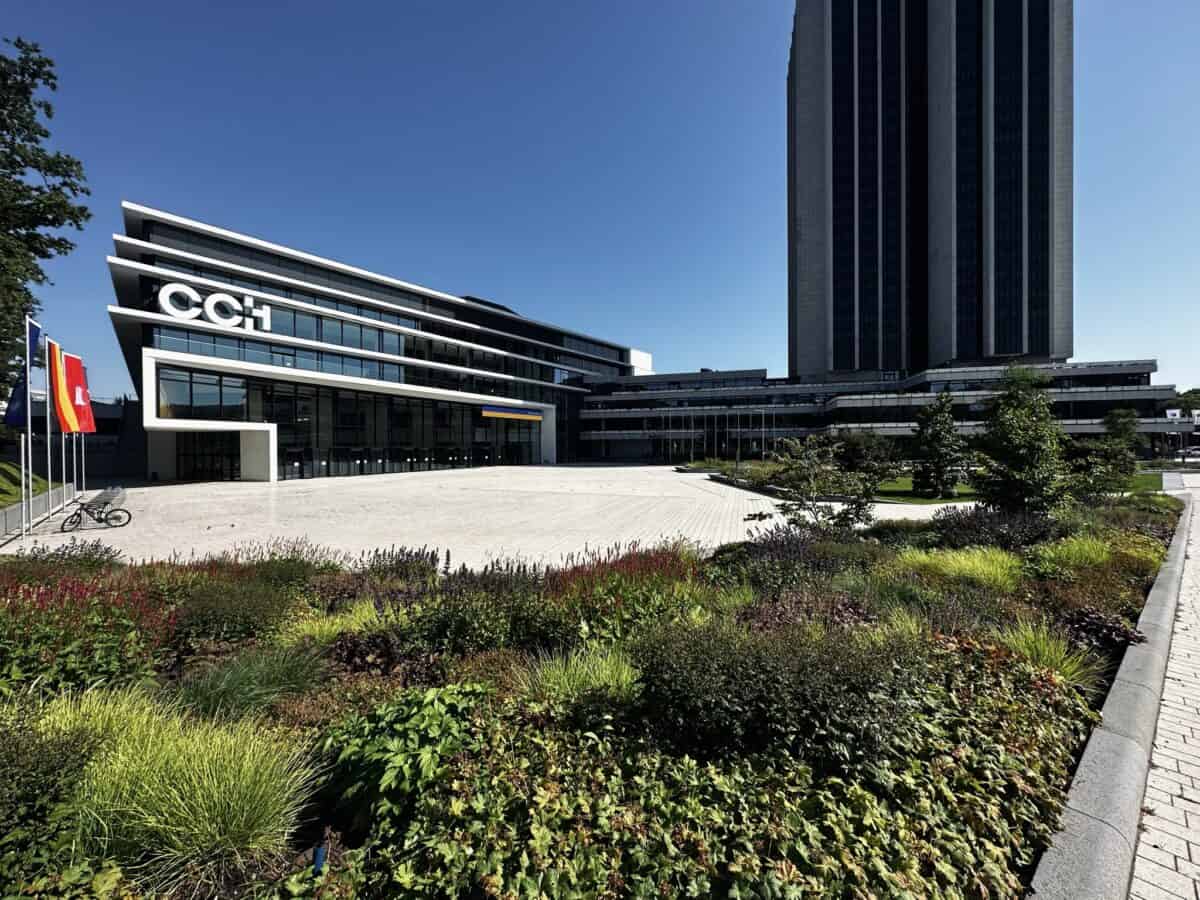
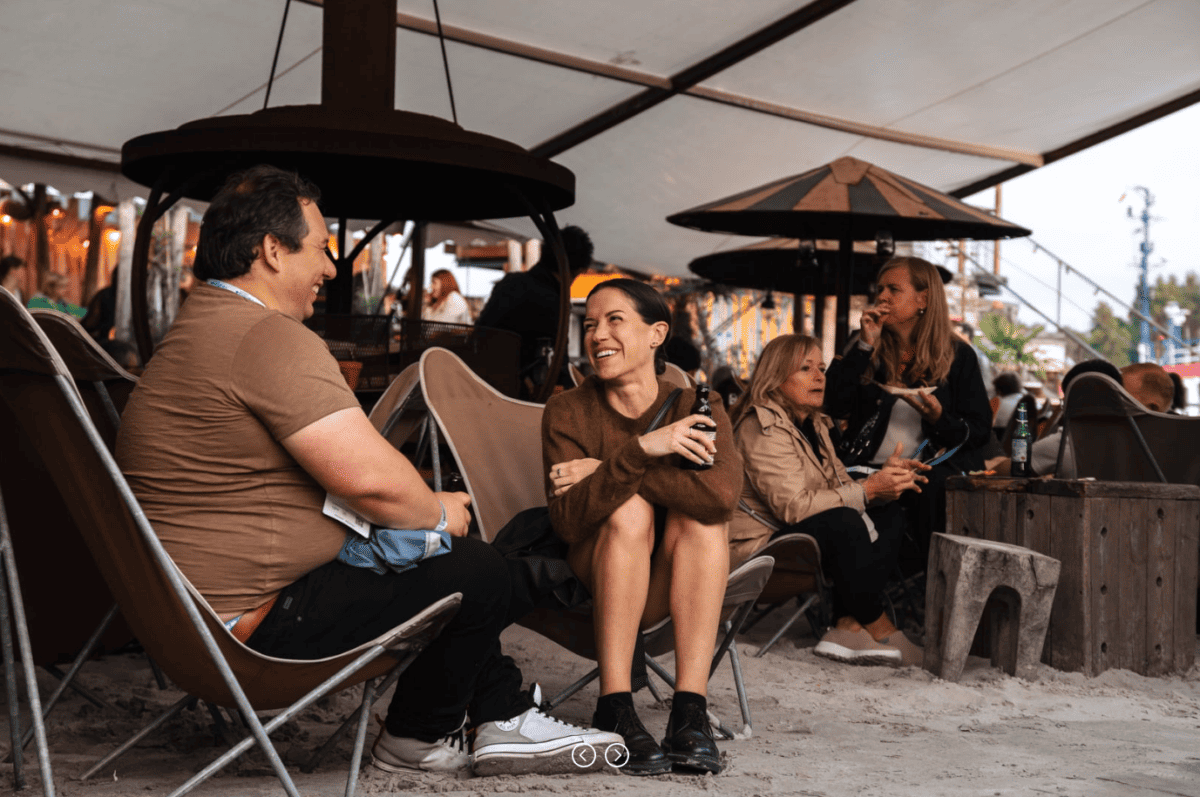
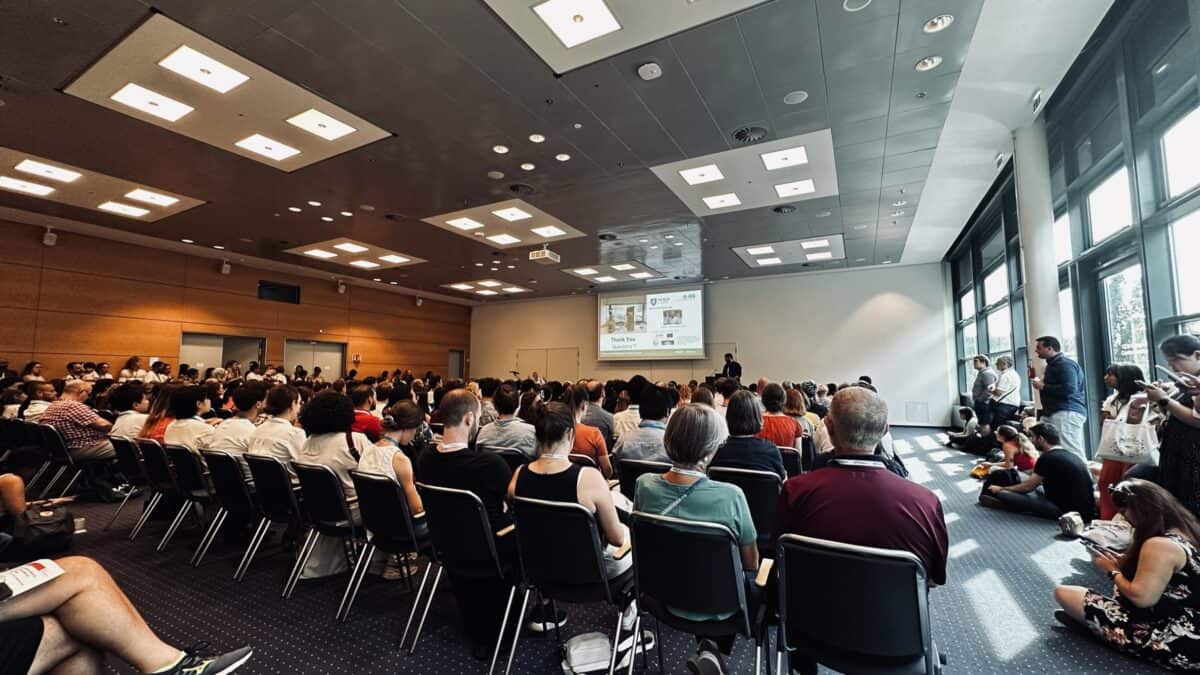
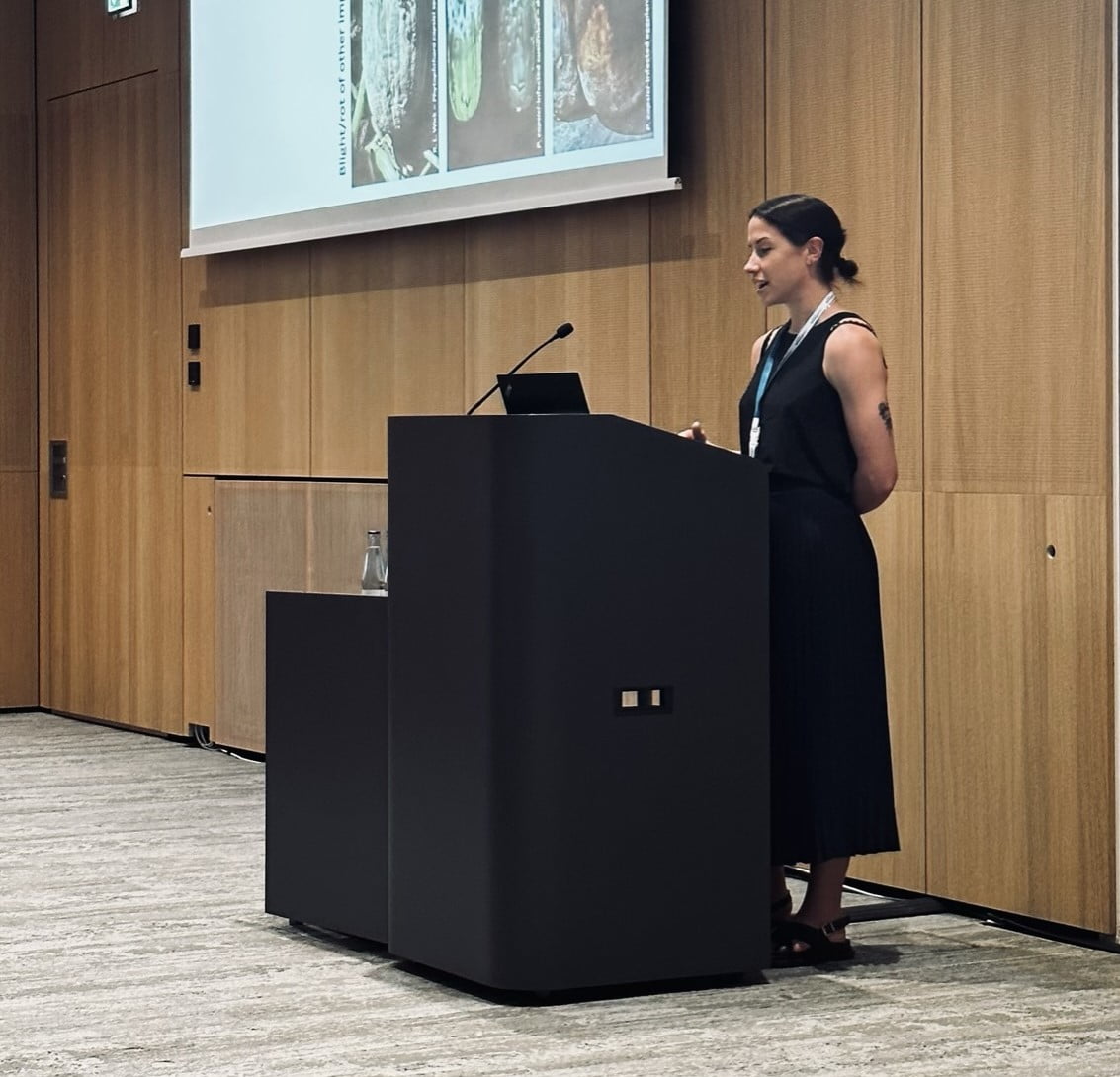
“I’ve shown that they break down a whole bunch of substrates that I know are related to oospore cell walls,” says Josie. “They also degrade oospores cell walls to some degree, they reduce their viability, and they may even modulate germination.”
Josie enjoyed being surrounded by other microbiologists and listened to their talks with interest, taking note of techniques related to her project that she’d like to try herself.
She also used the conference as an opportunity to explore other interests.
“I am at a stage where I’m trying to figure out what my career will look like,” says Josie. “I gained a lot of clarity around what can remain as my interests and what things I might actually want to pursue for myself.”
Her main take-home message from the conference surprised her.
“I love what I’m doing here in Aotearoa,” says Josie. “For a long time, I thought I would head overseas and study something quite different post PhD, but the conference just left me feeling grateful for what I’m already doing. I am not ready to put this puzzle down – there is still a lot of mahi left to do.”
Josie would like to thank NPKR for the grant she received to attend the 10th FEMS Congress.
“I remember when I was first starting in this lab, I wrote down a dream conference to go to and it was this one,” says Josie. “Actually going was quite literally a dream come true!”
Jenny Leonard
